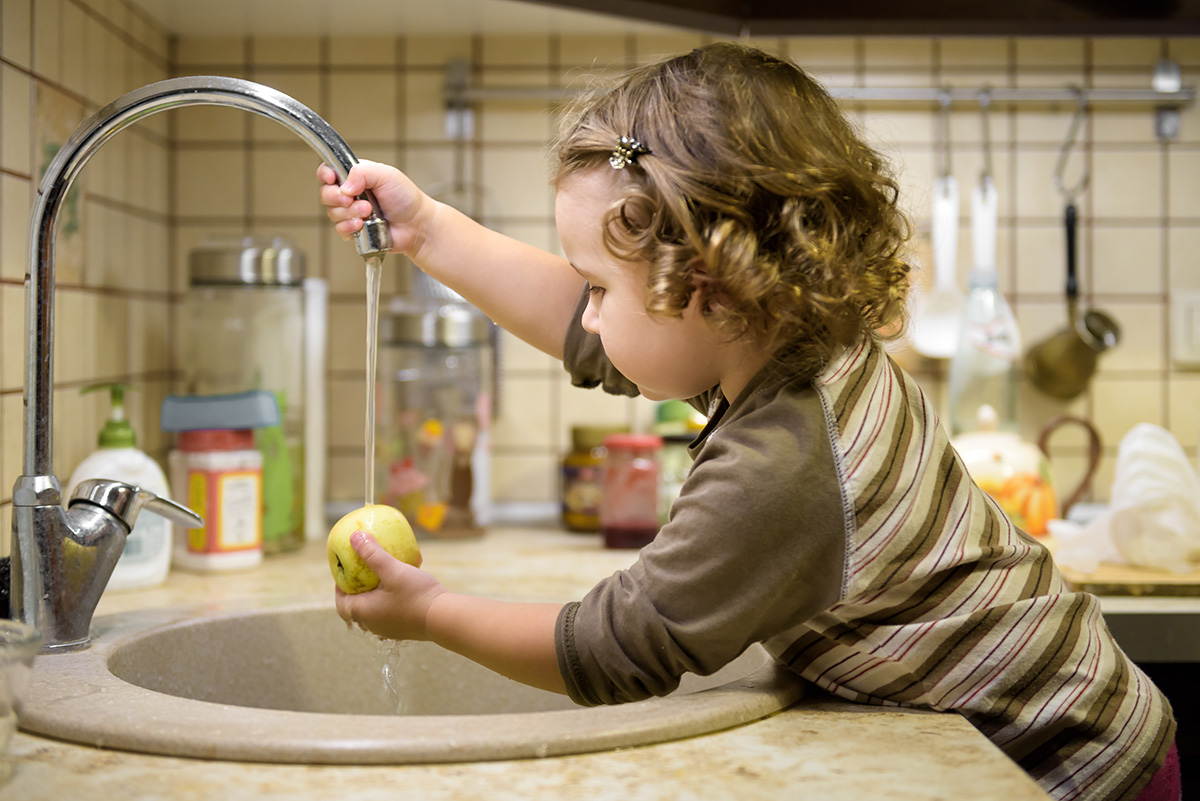IMPORTANT FOOD SAFETY INFORMATION! The American Academy of Pediatrics just released a policy statement addressing food additives, the use of plastics to heat and store food, and pregnant mother/child health. Please read!
Today, more than 10,000 chemicals are allowed to be added to food or food packaging. But a growing body of research suggests many of these chemicals may contribute to human disease and disability. And the safety of many of the other chemicals is not established.
For example, the AAP notes, a recent evaluation of 3,941 direct food additives revealed that 63.9 percent of these had no feeding safety data whatsoever. Only 6.7 percent had reproductive toxicology data. And only 2 of the 3,941 chemical additives to food had research on potential toxic effects on developing fetuses.
In a scathing policy statement, the AAP noted that the FDA’s current programs “cannot ensure the safety of existing or new additives.” Further, it states that “the FDA’s toxicological testing recommendations have not been updated on the basis of new scientific information.” Overall, the AAP finds that the FDA guidelines for food additive safety “may not be adequately protective for children.”
Also, of great concern, plastics used to store or heat food may transfer harmful chemicals to people of all ages. Although modern baby bottles are BPA-free, many other chemicals in plastic may be harmful.
What is a parent to do? The AAP policy recommends the following steps:
- Eat fresh fruits and vegetables, as much as possible. Always wash all fruits and vegetables before eating them.
- Avoid processed meats, especially for pregnant mothers and young children.
- Avoid microwaving or heating food or beverages in plastic, including infant formula.
- Avoid placing plastics in dishwashers; high heat can release more chemicals from plastic.
- Use glass and metal as alternatives to plastic for heating and storing food, as often as possible.
- Entirely avoid plastics with the following recycling codes: 3 (phthalates), 6 (styrene), and 7 (bisphenols).
The full policy statement and all references is available here. Please talk to us at Eugene Pediatrics if you have questions.

